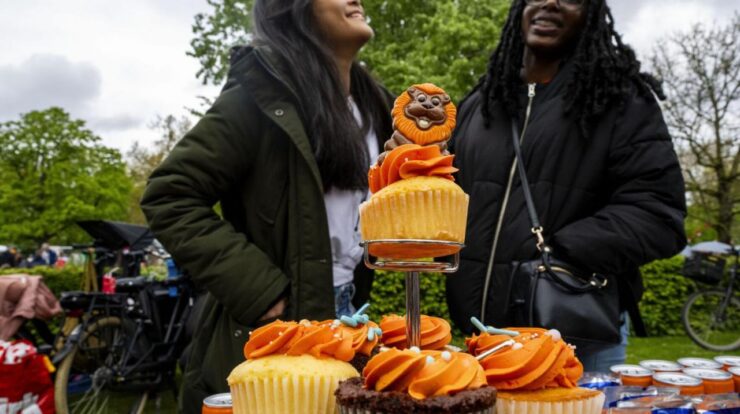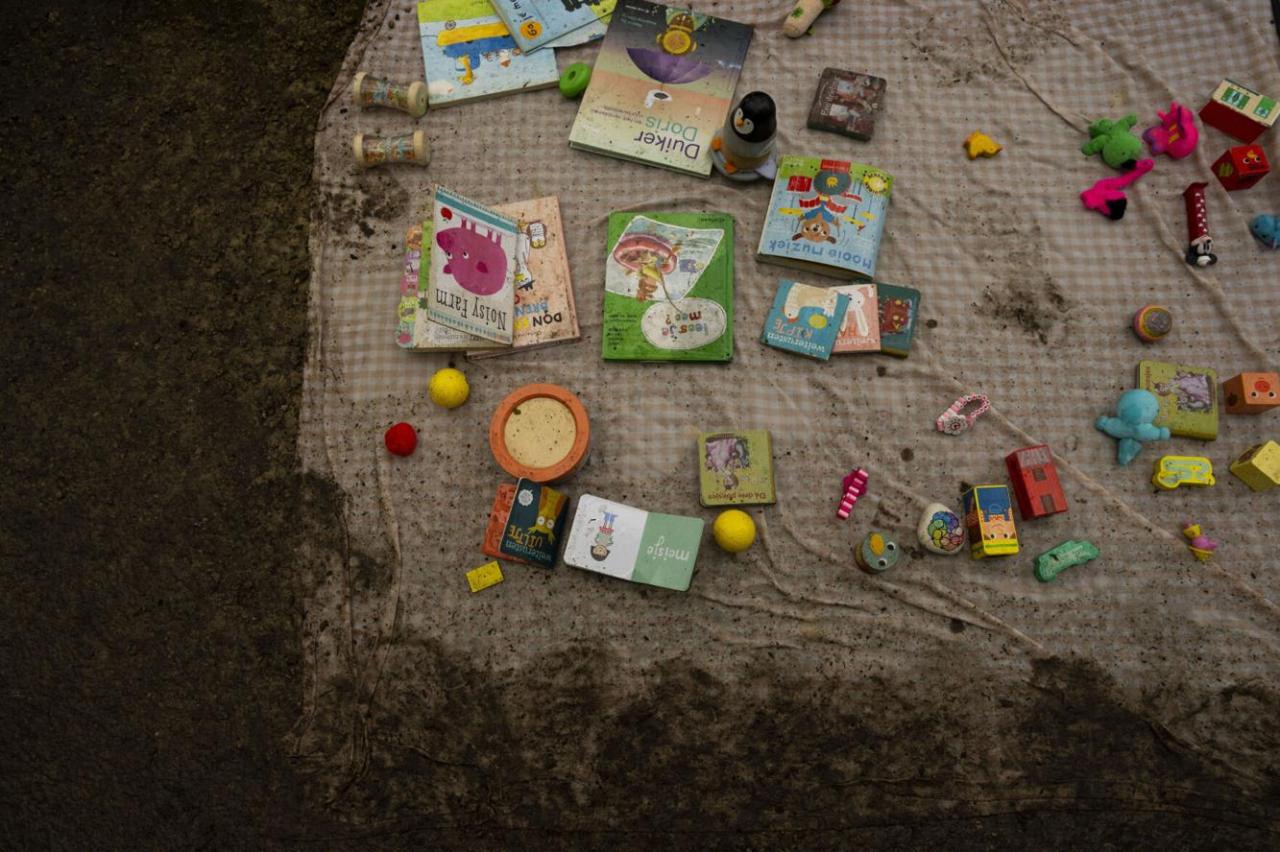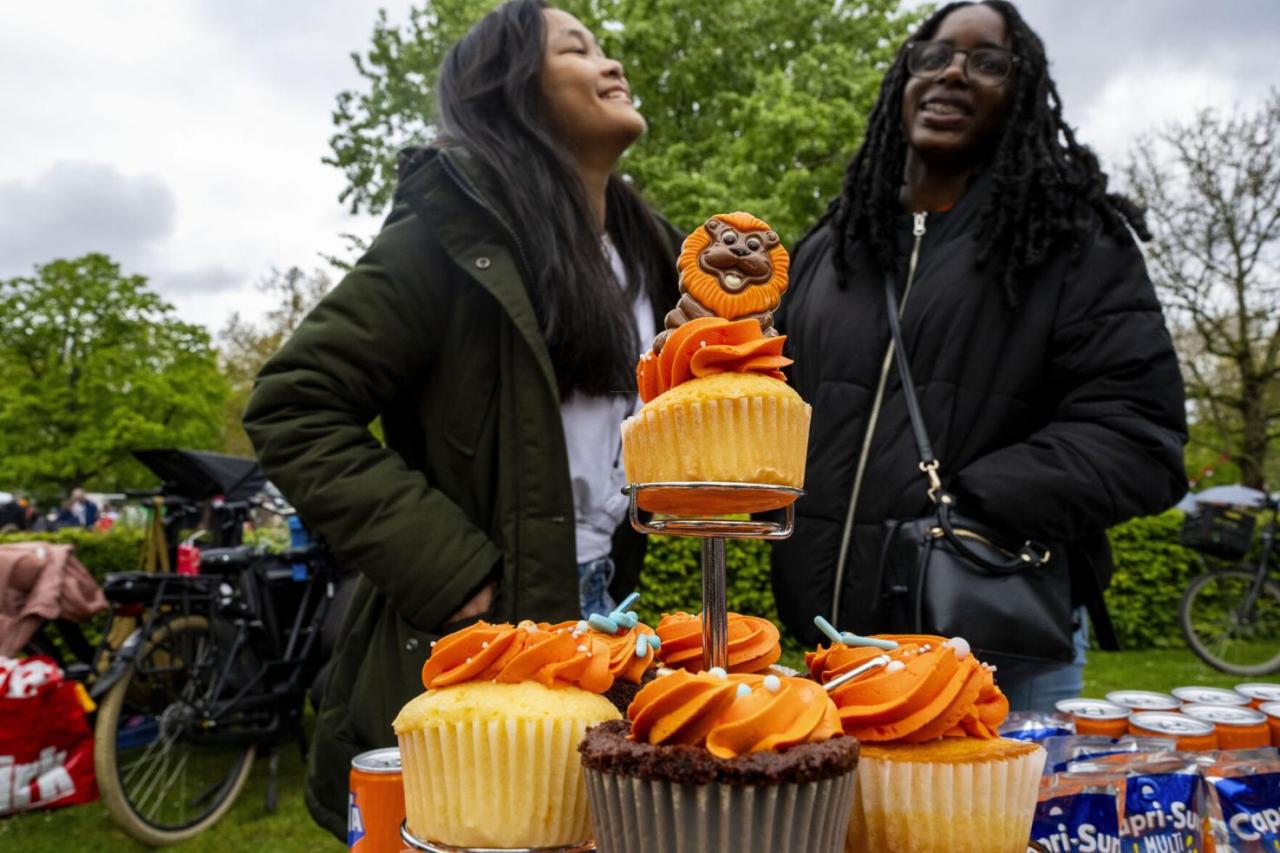
Kingsday Netherlands, a vibrant and captivating celebration, immerses visitors in a world of orange-clad revelers, lively street markets, and heartfelt displays of national pride. Rooted in rich history and cherished traditions, this annual event offers a unique glimpse into the heart and soul of the Dutch people.
Observed each year on April 27th, Kingsday marks the birthday of King Willem-Alexander, the reigning monarch of the Netherlands. The festivities, which span several days, are a testament to the deep connection between the Dutch monarchy and its people.
History and Origins of Kingsday
Kingsday, a vibrant and festive celebration in the Netherlands, holds immense historical significance. The tradition dates back to 1885, when it was initially known as “Princess Day” to commemorate the birth of Princess Wilhelmina, who later became Queen Wilhelmina. The celebration was renamed “Queen’s Day” in 1949 after Wilhelmina’s abdication and the succession of her daughter, Queen Juliana.
In 2013, the celebration was renamed “Kingsday” following the coronation of King Willem-Alexander.
Traditions and Customs
Kingsday is celebrated on April 27th, the King’s birthday. The festivities are characterized by the vibrant color orange, representing the Dutch royal family, the House of Orange-Nassau. On this day, the streets are adorned with orange decorations, and people wear orange clothing, hats, and accessories.
Traditional activities include flea markets, open-air concerts, and street parties. Children often participate in “vrijmarkt,” where they sell their toys and belongings on the streets.
Cultural Impact
Kingsday is a deeply ingrained part of Dutch culture and identity. It reflects the country’s pride in its monarchy and the shared sense of community. The celebration showcases Dutch values of tolerance, inclusivity, and a zest for life. Kingsday has influenced Dutch art, music, and literature, inspiring countless works that celebrate the country’s heritage and traditions.
Economic Impact: Kingsday Netherlands
Kingsday has a significant economic impact on the Netherlands. The influx of tourists, both domestic and international, boosts tourism revenue. Retail sales also surge as people purchase orange-themed merchandise, food, and drinks. Additionally, the celebration creates temporary employment opportunities in various sectors, including hospitality, transportation, and entertainment.
International Recognition

Kingsday has gained international recognition and popularity. In recent years, similar celebrations have been adopted in other countries, including the United Kingdom, Canada, and Australia. The celebration’s unique blend of tradition, festivity, and cultural significance has resonated with people around the world, fostering a sense of global community.
Future of Kingsday
Kingsday is likely to continue evolving in the future, adapting to changing societal trends. The celebration may incorporate more sustainable practices, embrace technological advancements, and reflect the increasing diversity of Dutch society. As the monarchy remains an integral part of Dutch identity, Kingsday is expected to endure as a cherished national tradition.
Final Thoughts

Kingsday Netherlands serves as a vibrant canvas upon which Dutch culture and identity are proudly displayed. The celebration’s enduring popularity and global recognition speak to its ability to unite people from all walks of life in a shared experience of joy, camaraderie, and national pride.
Essential Questionnaire
What is the historical significance of Kingsday?
Kingsday commemorates the birthday of King Willem-Alexander, the current monarch of the Netherlands.
Why is orange the predominant color associated with Kingsday?
Orange is the color of the Dutch royal family, the House of Orange-Nassau.
What are some of the popular activities during Kingsday?
Kingsday festivities include street markets, live music, parades, and traditional games.